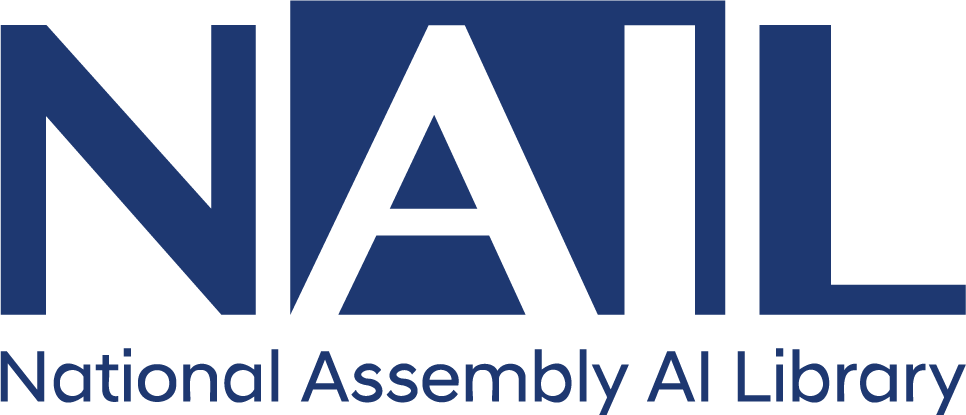
목차
Abstract 3
Résumé 4
Acknowledgements 5
Table of contents 6
Executive Summary 8
Competence frameworks support strategic approaches on skills for digital government 8
Skills assessments identify skills gaps and help to target learning opportunities 9
Public administrations can offer a mix of training and informal learning opportunities 9
Design choices, incentives to participate, and the institutional set-up make a difference 9
Evaluating learning opportunities can improve their effectiveness 10
1 The importance of investing in skills for digital government 11
The importance of digital government 11
The crucial role of workforce management and investment in skills 13
Approach and structure of this study 14
2 Identifying and assessing skills for digital government 16
Identifying skills for digital government 16
The European Digital Competence Framework (DigComp) 17
The Global Skills and Competency Framework for a Digital World (SFIA) 20
The Digital, Data and Technology Capability Framework in the United Kingdom 22
The Model of Digital Skills by the Government Digital Academy in Denmark 23
Assessing skills for digital government 26
Deep Skills by INPS in Italy 27
3 Organising and evaluating learning opportunities 29
Organising learning opportunities for skills for digital government 29
Training digital talent and empowering leaders in Australia 31
Supporting civil servants to drive the digital transformation in government in France 33
Developing civil servants’ skills for digital government in Canada 35
Strengthening digital skills of civil servants in Germany 37
Learning on digital government in the United Kingdom 39
Providing data-driven training in Korea 41
Evaluating skills development for digital government 44
Certifying learning: the BAIT system in Spain 44
Using skills evaluation for performance-related pay in the United Kingdom 46
Measuring the impact of larger “digital capability building initiatives” in Australia 46
Evaluating training in the private sector 47
References 50
해시태그
관련자료
AI 100자 요약·번역서비스
인공지능이 자동으로 요약·번역한 내용입니다.
Developing skills for digital government : A review of good practices across OECD governments
(디지털 정부를 위한 기술 개발 : OECD 회원국 정부의 모범 사례 검토)



